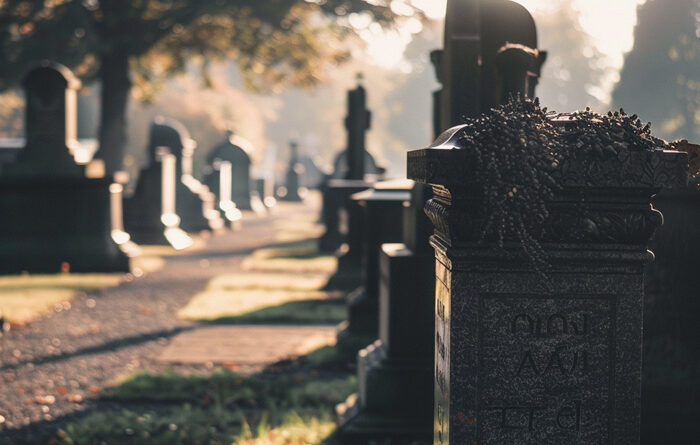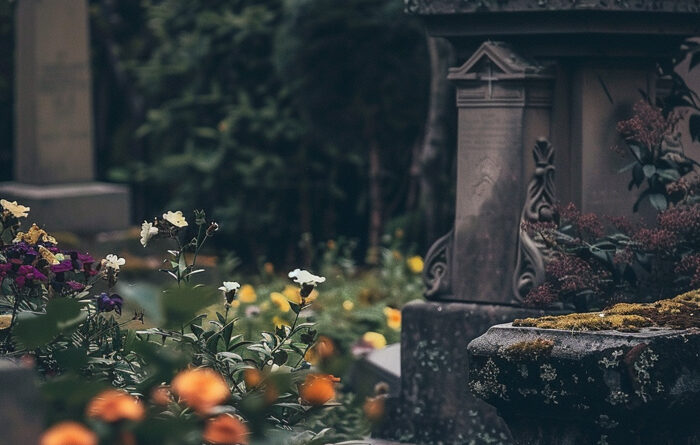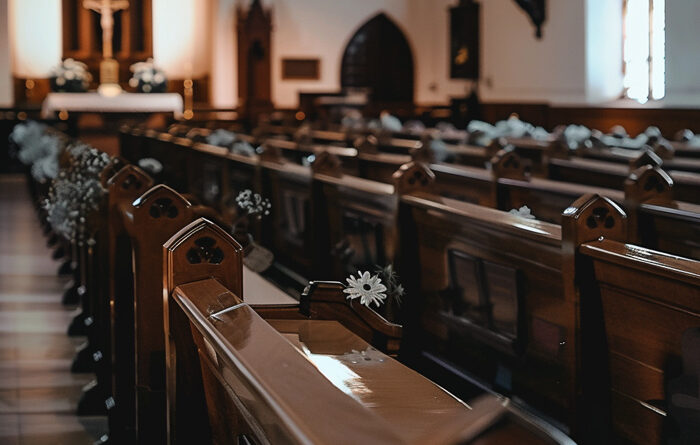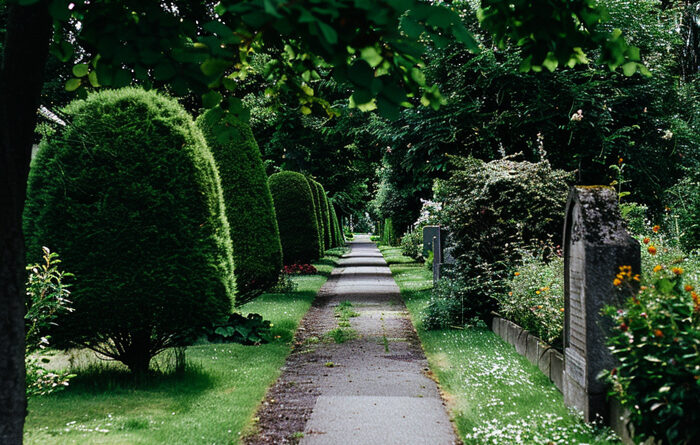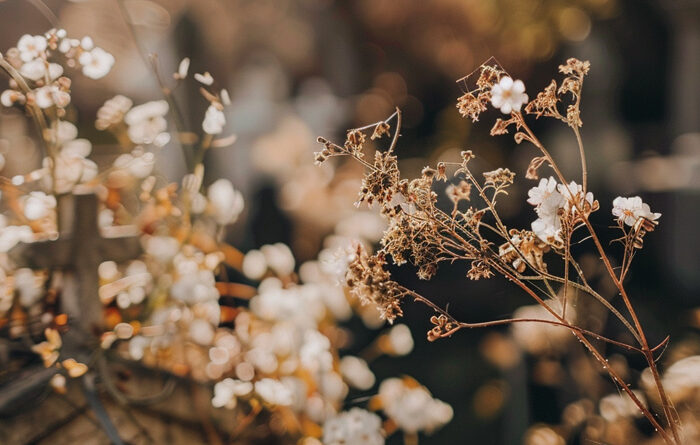
Introduction to Hindu Funeral Practices
Hinduism, with its deep spiritual roots and intricate ceremonies, offers a profound approach to honoring the deceased. In Miami, a city with a vibrant and diverse cultural tapestry, Hindu funeral rites and services are performed with great reverence, adhering to ancient traditions while accommodating the practicalities of modern life. These ceremonies provide solace and closure to the bereaved, creating a bridge between the mortal experience and the soul’s journey beyond.
The Hindu community in Miami, though far from India’s shores, continues to uphold the funeral rites that are integral to their faith. The rites are more than rituals; they are a series of steps taken with emotional and spiritual significance that affirm the impermanence of physical life and the eternal nature of the soul. They also offer comfort to the grieving family, enveloping them in a process that honors their loved one’s memory and helps in the grieving process.
Hindu Beliefs Surrounding Death
At the foundation of Hindu funeral practices is the belief in the immortality of the soul and the cycle of birth, death, and rebirth, known as samsara. The body is considered a temporary vessel, and death marks the soul’s release, ready to embark on its passage to the afterlife or rebirth. The funeral rites, therefore, are performed with the objective of aiding the soul in finding its way to its next destination, be it moksha, liberation from the cycle of life and death, or a new life in a different form.
The concept of karma, the cumulative effect of an individual’s actions throughout their life, plays a pivotal role in determining the soul’s path after death. The rituals observed aim to cleanse the soul of its worldly bonds, allowing it to progress unencumbered on its journey.
Preparation for the Final Journey
Upon the passing of an individual, preparations for the funeral begin almost immediately. The body is washed and adorned in simple, traditional clothing, usually white to signify purity. A sacred thread is often placed around the neck, and the body is laid out in a peaceful pose, surrounded by flowers and incense, to create an atmosphere of serenity.
In Miami, these preparations are carried out either at a funeral home that caters to Hindu rituals or within the family residence, with close family members participating in the intimate process. Funeral directors who specialize in Hindu services provide the necessary guidance and facilitate the rituals according to the family’s regional traditions and preferences.
The Funeral Ceremony
The main funeral ceremony typically includes recitations of mantras and scriptures, offering a final farewell to the departed. This ceremony is usually overseen by a Hindu priest who leads the bereaved through the series of chants and prayers, each resonating with the philosophy of life and death and providing a source of comfort to the family.
In Miami, where the ethnic landscape is incredibly varied, the Hindu community employs priests who specialize in different dialects and regional practices, ensuring that the funeral rites respect the family’s specific cultural background. The flexibility of venues in Miami allows for either traditional outdoor pyres, in accordance with ancient customs, or cremations at a crematorium, adjusted to local regulations and possibilities.
Committal and Cremation
Following the ceremony, the body is taken to the cremation site. Cremation is essential in Hinduism, signifying the release of the spirit from the physical form and the return of the elemental components to their origins. The eldest son or a senior family member traditionally lights the pyre or presses the button to commence the cremation, symbolizing the fulfillment of their duties and the initiation of the deceased’s journey onwards.
In Miami’s multicultural setting, crematoriums are equipped to accommodate the specifics of Hindu rituals and work in coordination with the community to respect these solemn customs. Facilities provide space for the observance of these rituals, welcoming the community’s wish to uphold its time-honored traditions.
Aftermath and Memorial Services
Following the cremation, the ashes are typically collected and later immersed in a holy river or body of water, which in India is often the Ganges. The Miami Hindu community, being away from their ancestral lands, adapts this practice by choosing local waters where the ashes can be dispersed, symbolizing the soul’s merge with the cosmic consciousness. Memorial services may continue for several days, with the family hosting prayer meetings and feeding the poor, as acts of merit for the departed.
Hindu families in Miami might also conduct a Shraddha ceremony, which is performed on the thirteenth day after the death. This rite is intended to provide additional aid to the departing soul and includes offerings to ancestors and the gods, as well as the donation of gifts to the poor and needy in memory of the deceased.
Conclusion
Despite being far from the Indian subcontinent, the Hindu community in Miami has found ways to preserve and practice its rich funeral traditions. The local services and infrastructure support these solemn occasions with sensitivity and respect for the rituals that convey the essence of the Hindu philosophy on life and death. The funeral rites performed here attest to the strong spiritual connections that transcend geographical boundaries, reinforcing the community’s commitment to its faith. They offer a moving testament to the sanctity of life and the dignity of farewell rites, allowing both the soul of the deceased and the hearts of the bereaved to find peace and resolution in the face of loss.
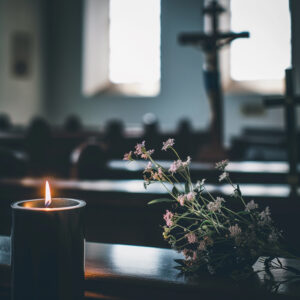
What are the primary steps involved in Hindu funeral rites in Miami?
The primary steps involved in Hindu funerals typically include the chanting of mantras, the offering of flowers and rice, the lighting of the lamp or candle, and the release of the soul ceremony. In Miami, these services are conducted following traditional Hindu customs, often taking place by the water to accommodate the final rites which may include the dispersal of ashes in the ocean.
Can Hindu funeral services in Miami cater to different Hindu traditions and customs?
Yes, Hindu funeral services in Miami can be tailored to respect different Hindu traditions and customs. Providers of these services are respectful of the diverse practices within Hinduism and offer personalized arrangements to accommodate the specific needs and wishes of the family and the departed individual’s faith.
Are eco-friendly or green funerals an option for Hindu funeral rites in Miami?
Eco-friendly or green funerals are indeed an option for Hindu funeral rites in Miami. These types of services focus on minimizing environmental impact by using biodegradable materials and avoiding embalming fluids. Families can discuss their preferences for a green funeral with the service provider to ensure the arrangements align with ecological values while still honoring Hindu funeral traditions.

